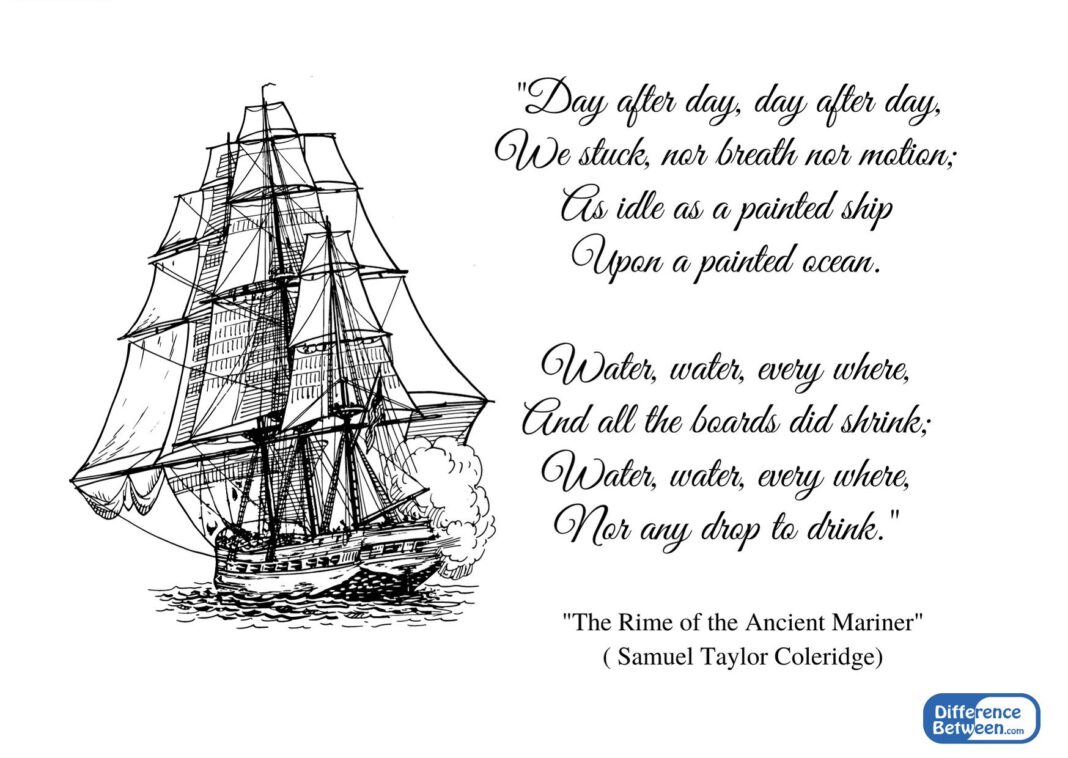The key difference between alliteration and repetition is that alliteration is the repetition of the initial consonant sound of two or more nearby words, while repetition is the usage of a word or phrase two or more times in a speech or written work. Alliteration and repetition are two literary devices. Alliterations are used as tongue twisters and to develop the speech clarity of individuals. Repetition is used to bring clarity and emphasis to an idea and make it significant.
Key Takeaways
- Alliteration is the repetition of the initial consonant sound in two or more nearby words, while repetition is the purposeful usage of a word or phrase two or more times in speech or written work.
- Alliteration is often used as a tongue twister and in speech exercises to improve pronunciation, while repetition is used for emphasis and to stress a message.
- Both alliteration and repetition are literary devices that can be found in everyday speech, advertising, and literature.
What is Alliteration?
Alliteration is the repetition of the initial consonant sound in two or more nearby words. It’s important to note that alliteration does not refer to the repetition of the initial consonant letters – it only involves the repetition of the initial consonant sound. For example, the words ‘kids’ and ‘coats’ have the same consonant sound though the initial consonant letters are different.
Alliterations are frequently used as tongue twisters. They are often used by public speakers, politicians, and actors for speech clarity and as verbal exercises. Educators also use these to increase the children’s interest in language learning and for the improvement of their pronunciation.
Examples of Alliteration in everyday speech, advertising, and literature include “Picture perfect,” “Coca Cola,” and lines from William Shakespeare’s “Romeo and Juliet.”
What is Repetition?
Repetition is the purposeful usage of a word or a phrase two or more times in speech or written work. This brings clarity and emphasis to the idea that is elaborated. Usually, these words are located close to each other. Repetition is used in everyday conversations as well. For example: “Over and over,” “Boys will be boys,” and “Heart to heart.”
Repetition is used not only in daily conversations but also in movies and literature as well. Examples include lines from “The Karate Kid,” “Forrest Gump,” and William Shakespeare’s “Macbeth.”
What is the Difference Between Alliteration and Repetition?
Alliteration is the repetition of the initial consonant sound of neighboring words. But repetition is the usage of a word two or more times when speaking or writing. So, this is the key difference between alliteration and repetition. Therefore, alliteration involves the repetition of consonant sounds, while repetition involves the repetition of words, not sounds.
Summary – Alliteration vs Repetition
Both these are literary devices frequently used by many writers. Alliteration is the repetition of the same consonant sound in nearby words while repetition is the usage of a word or phrase two or more times in writing or speaking. Thus, this is the key difference between alliteration and repetition. Alliteration is used by writers to add rhyming effect to their works as it is pleasing to the ear and catches the attention while repetition is for emphasis and it stresses the message that is being conveyed.
